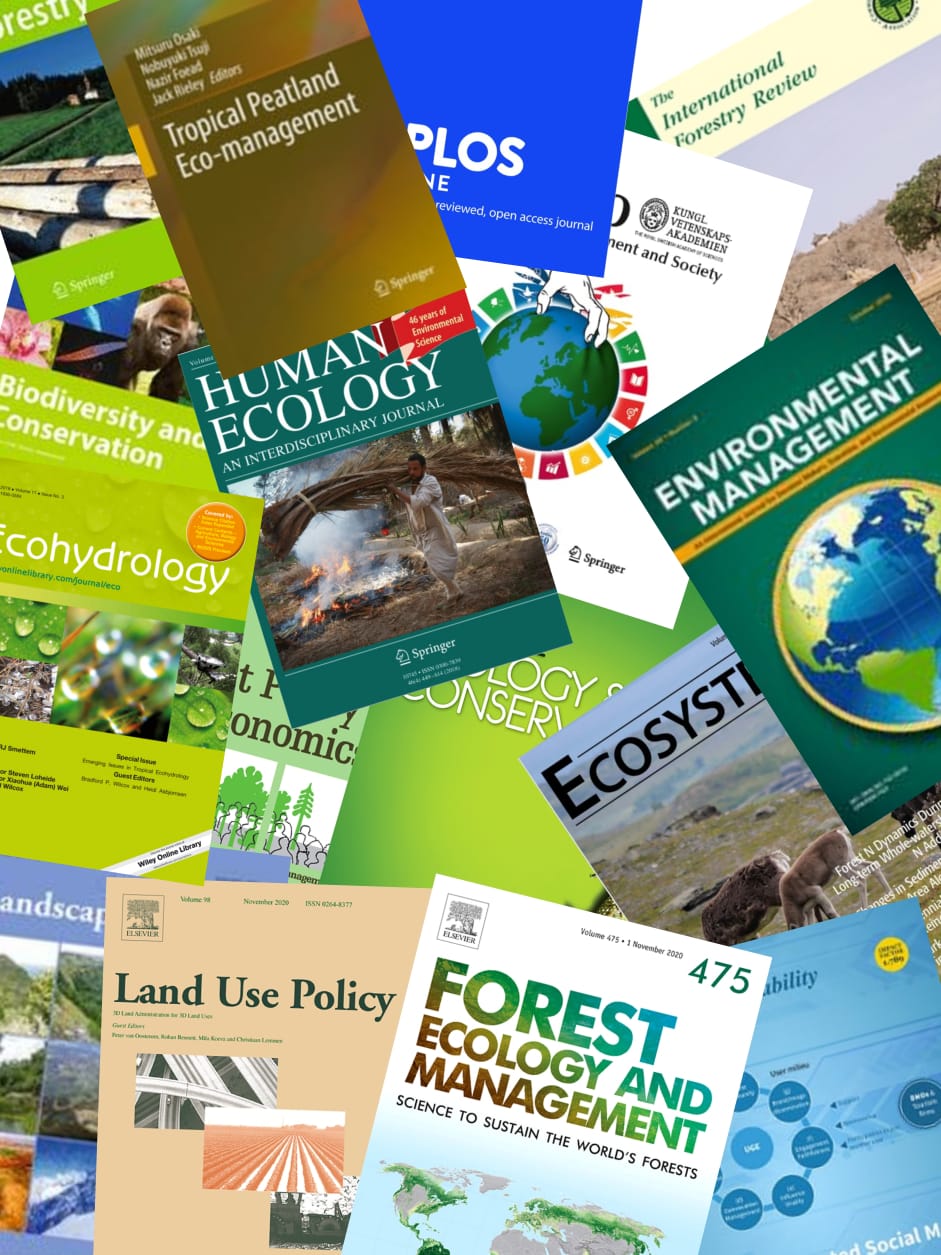Ganoderma is known to be the most destructive pathogen of oil palm crops in Southeast Asia, including Indonesia, and causes heavy losses. Various control methods such as technical culture, mechanical, and chemical control have been attempted, but these techniques have not been able to control the disease successfully. One of the efforts to overcome the conditions and characteristics of Ganoderma which is difficult to control is to apply biological control. This study aims to obtain candidate antagonist bacteria indigenous to peatlands that can control Ganoderma sp. This research was exploratory research with laboratory testing. Based on the exploration results, 10 isolates were obtained based on initial characteristics and were not pathogenic after the Hypersensitivity Reaction assay. Based on the results of the inhibitory ability test, 3 isolates (LPTUNRI-A1.2, A1.1, and A2.5) were obtained that could suppress the development of Ganoderma sp. LPTUNRI-Gan003 in vitro. From its characteristics, it is suspected that it has similarities with Bacillus sp.
View source

